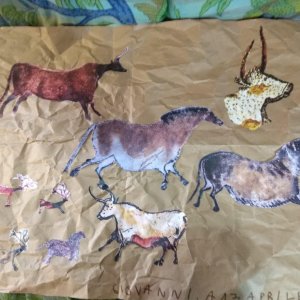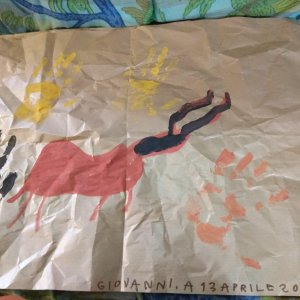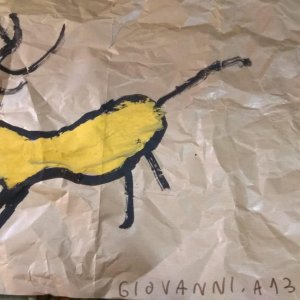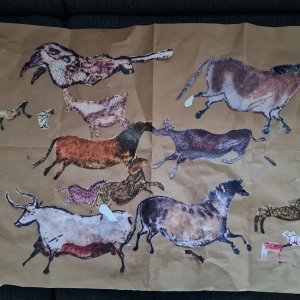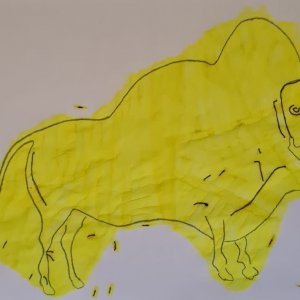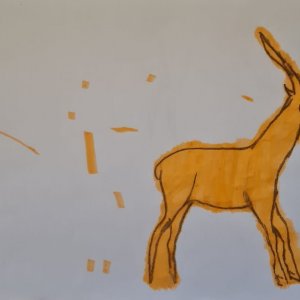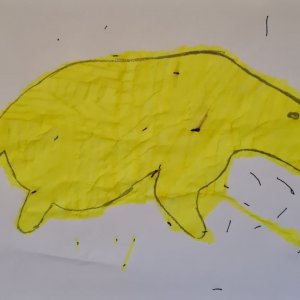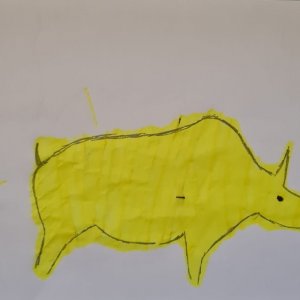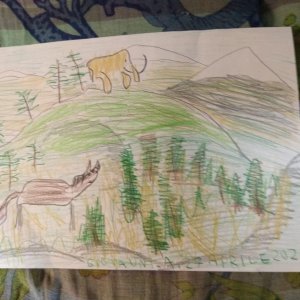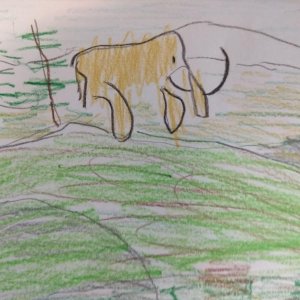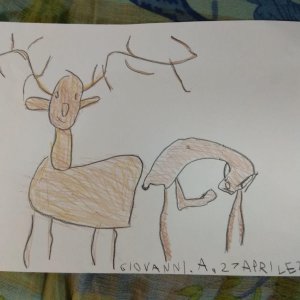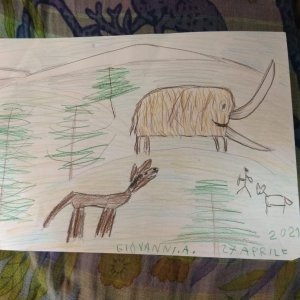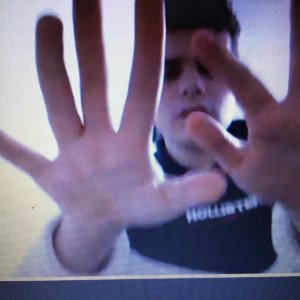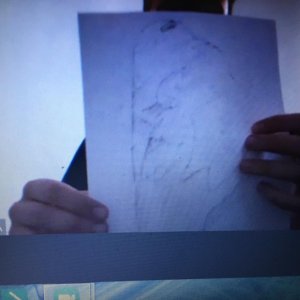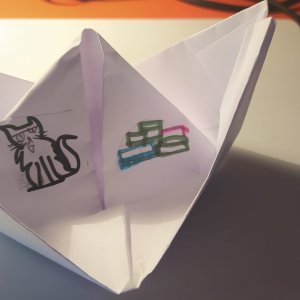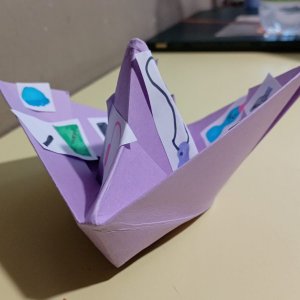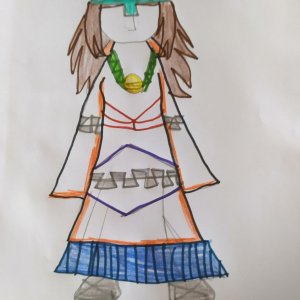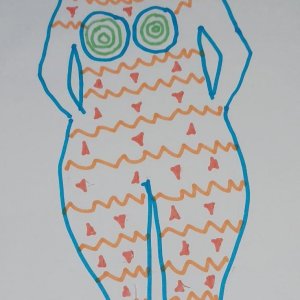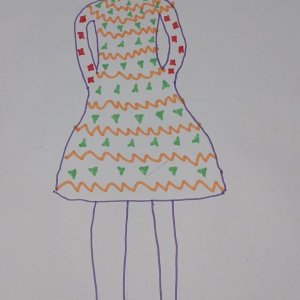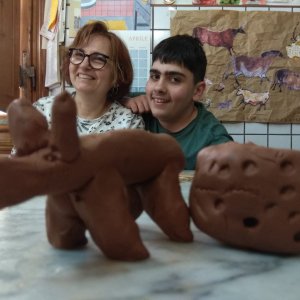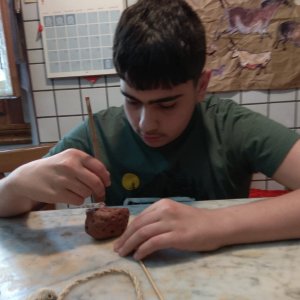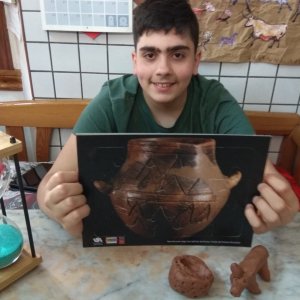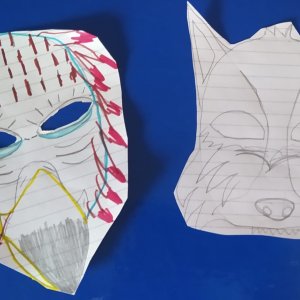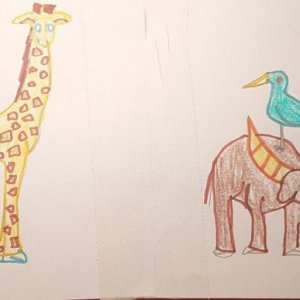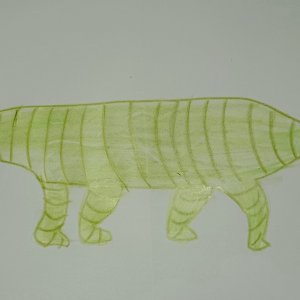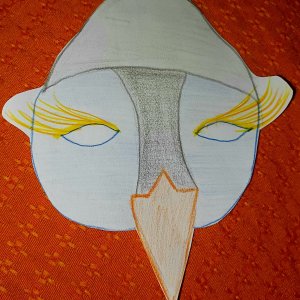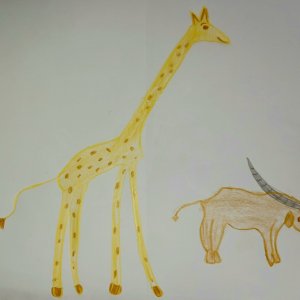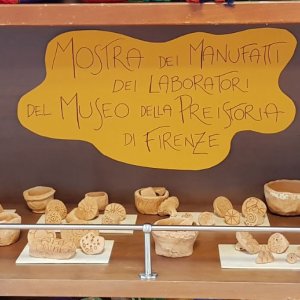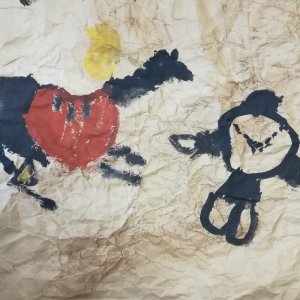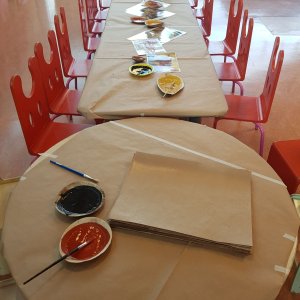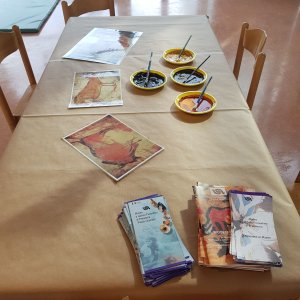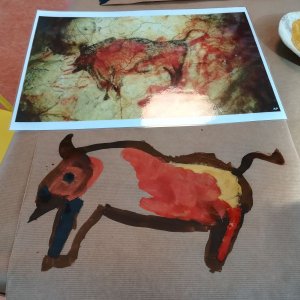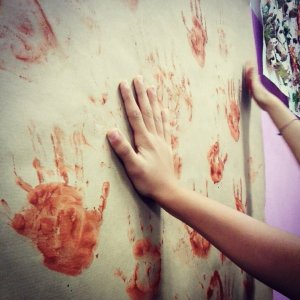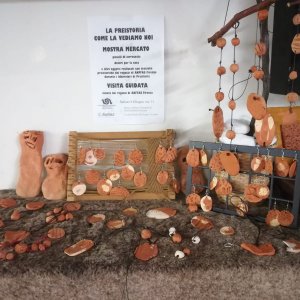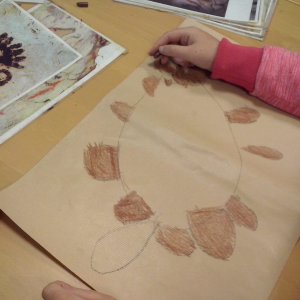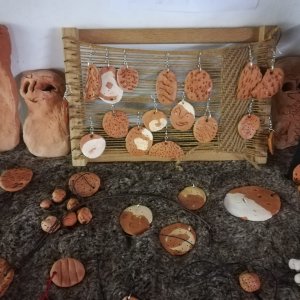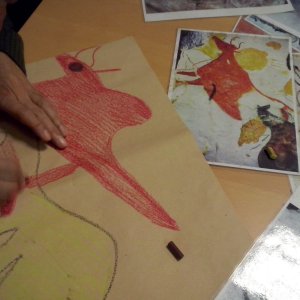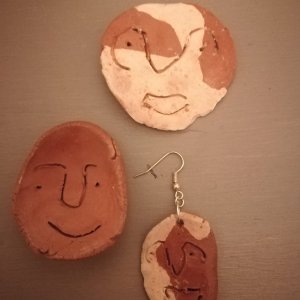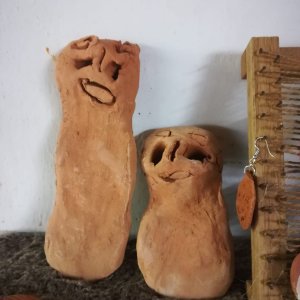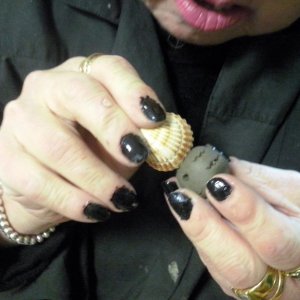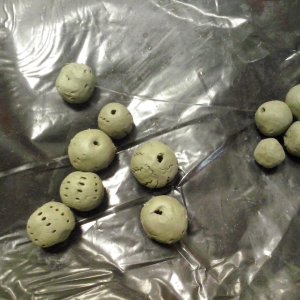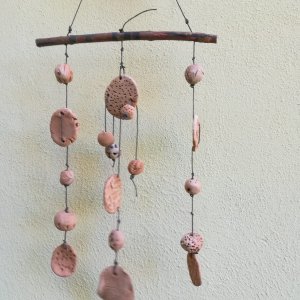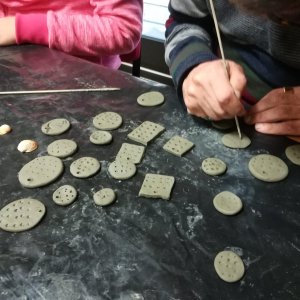Universal accessibility
The Museum is committed to programs that combine the enhancement of the archaeological patrimony with awareness of the theme of accessibility to Cultural Heritage inspired by the principles of Design for All. In this sense it promotes activities of planning and realization of events (exhibitions, installations, conferences, seminars, etc.) on the theme of accessibility and inclusion, and the exhibit itinerary is also partly inspired by these criteria.
All the initiatives in this field are part of the larger project, “Study and Planning of Events on Universal Accessibility in Cultural Heritage”, launched in 2014, which sees the Museum jointly operate at the University of Siena, an institution at the forefront of this domain for its multi-purpose expertise. For both institutions, the archaeological findings (and the artistic in particular) represent an avenue of research and scholarship of great importance in the field of higher education (University research scholarships have been initiated), of conservation, of enhancement, of the useage of Cultural Heritage, and to link Heritage to the need for social inclusion that has enriched the respective institutional tasks.
The exhibit itinerary is constantly being improved, designed to be accessible to all visitors, with particular attention to those who require additional assistence living with permanent or temporary difficulties, whether mobility impairment, visual and hearing impairment (a selection of videos), learning disabilities (with the help of our guide), social, dislexia. If you require a guide to assist you around the building, please book in advance. Unfortunately, assistance cannot be guaranteed to visitors who do not book in advance.
Access to the Museum from the ground floor of the Oblate Library is facilitated by ramps and the elevator. A wheelchair is also available at the Museum ticket desk. The entrance door and the exhibit itinerary are whellchair accessible. Toilets are accesible.
Our reception staff can provide information and accommodate individual needs as much as possible.
EmotivaMente
Un museo che si muove per smuovere con il linguaggio artistico sentimenti sopiti nelle persone che si trovano a vivere la Demenza. Il calendario del progetto avrà inizio da venerdì 13 ottobre e continuerà per tutti i venerdì fino alla fine del mese di novembre.
EmotivaMente nasce dalla consapevolezza che le persone con Alzheimer che vivono in casa e soprattutto le loro famiglie si trovano in una forma di isolamento e necessitano di un supporto.
Calendario appuntamenti:
MERCOLEDÌ 6 NOVEMBRE ore 15.00-17.00
MERCOLEDÌ 13 NOVEMBRE ore 15.00-17.00
MERCOLEDÌ 27 NOVEMBRE ore 15.00-17.00
MERCOLEDÌ 4 DICEMBRE ore 15.00-17.00
MERCOLEDÌ 18 DICEMBRE ore 15.00-17.00
Prenotazione obbligatoria
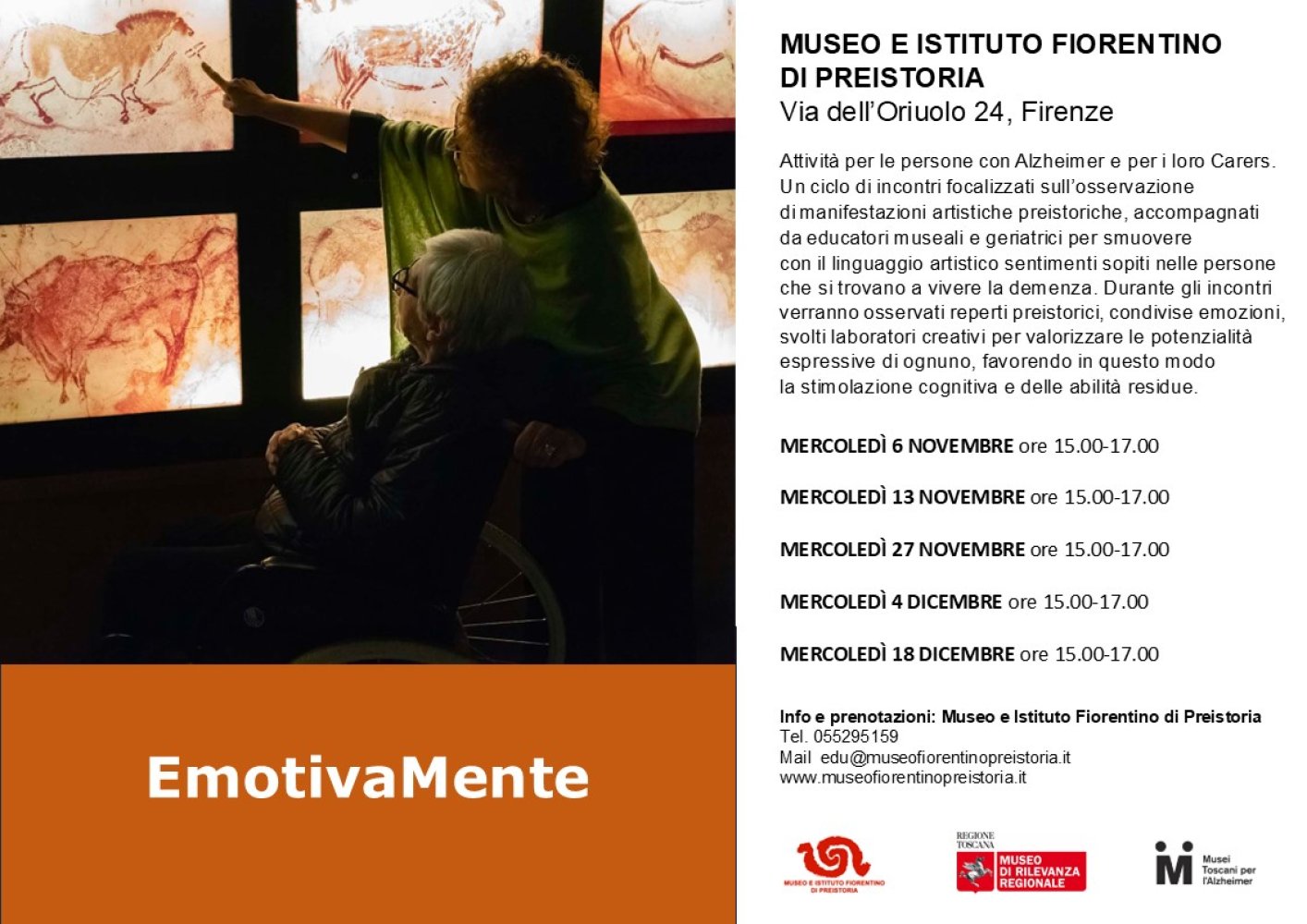
Tracce di Memoria
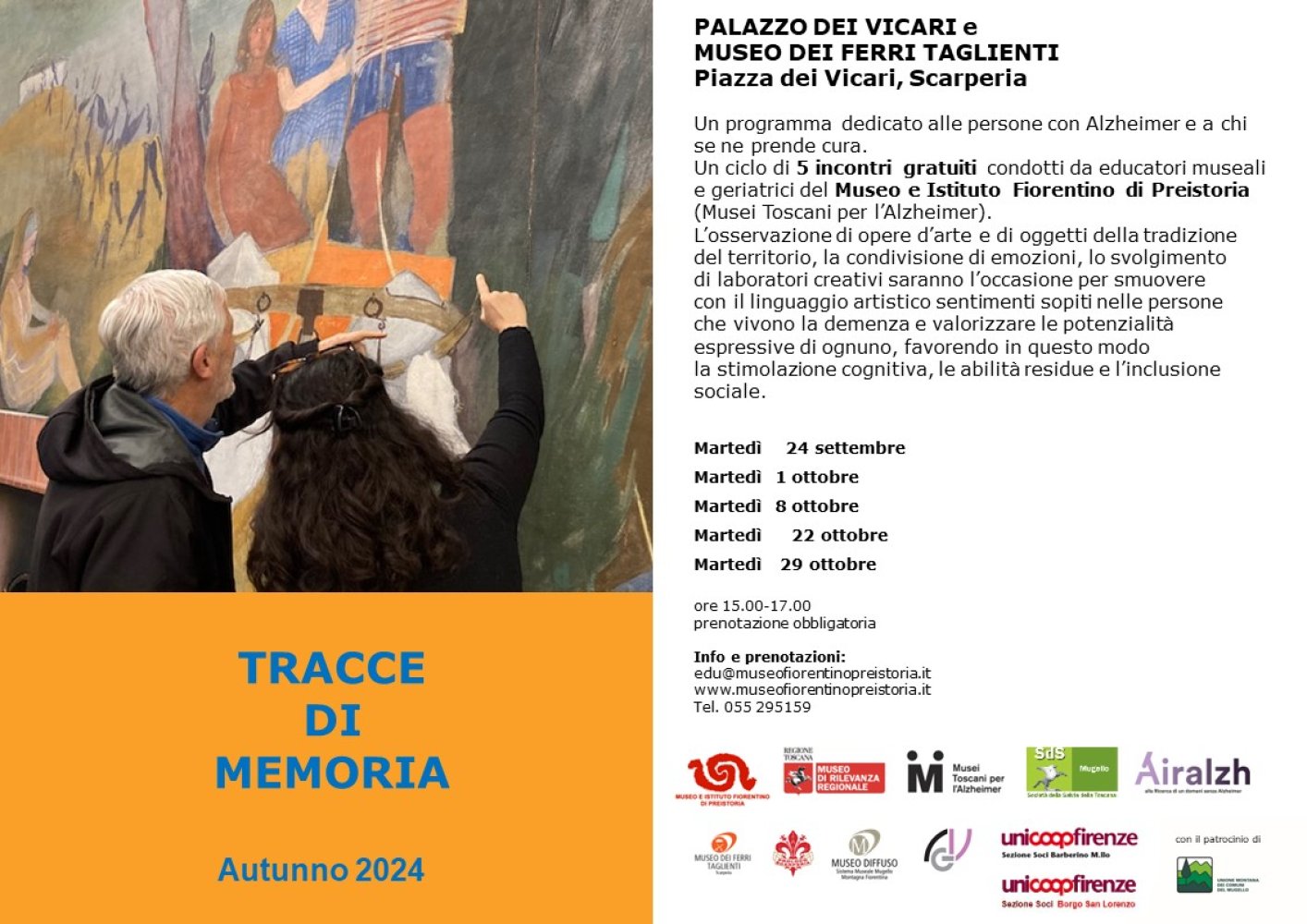
RivoluzionArti
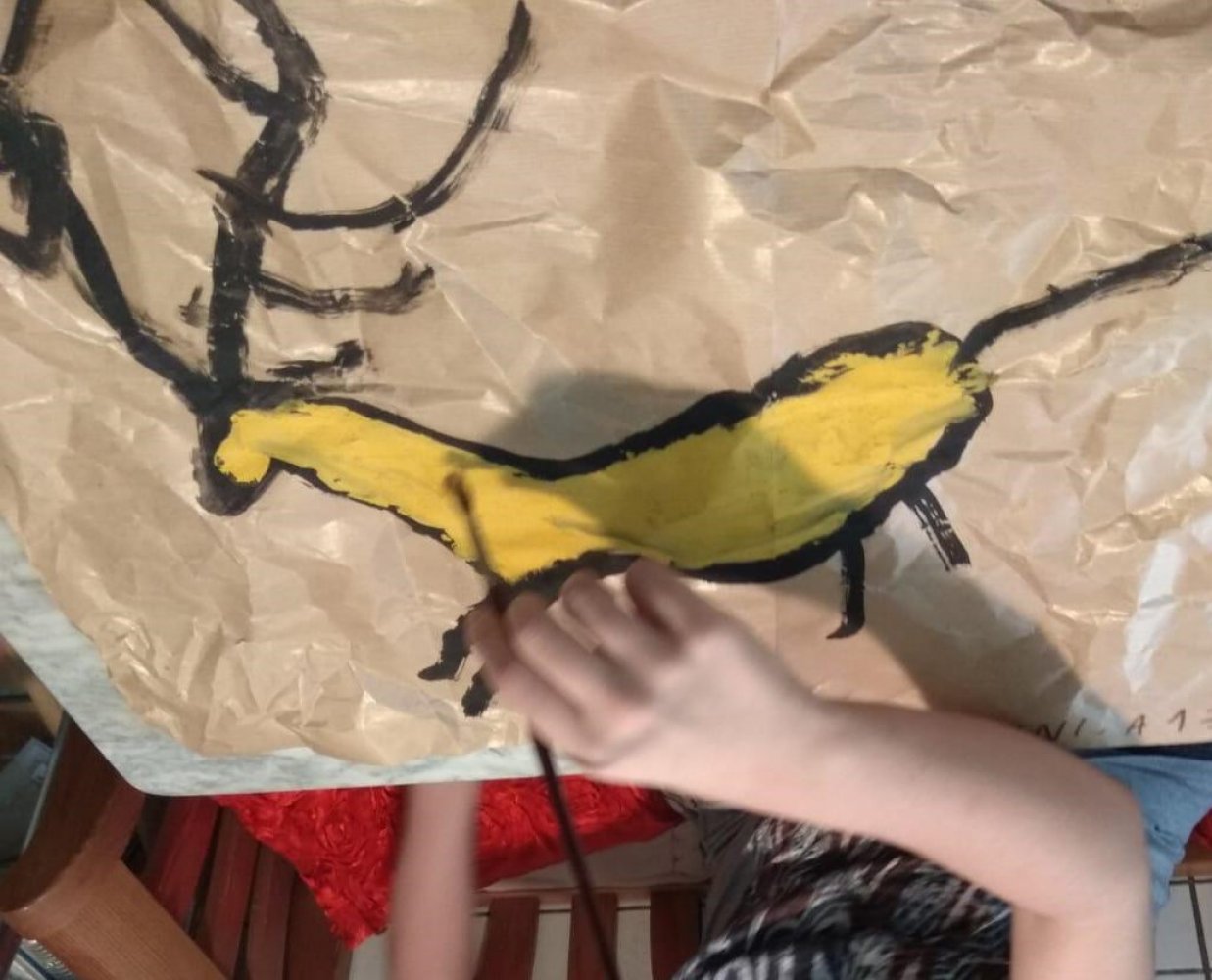
Archeomeyer
The Museum began a project with the “Anna Meyer” Foundation of practical activities for child patients of the Meyer Pediatric Hospital of Florence.
These workshops refer to themes related to prehistory, such as the conception of art (painting, engraving, sculpture), the first musical instruments, and the first ceramics.
The project is intended to keep sensitivity and creativity alive through the recreational aspect of manual activities, while respecting the needs of hospitalized children.
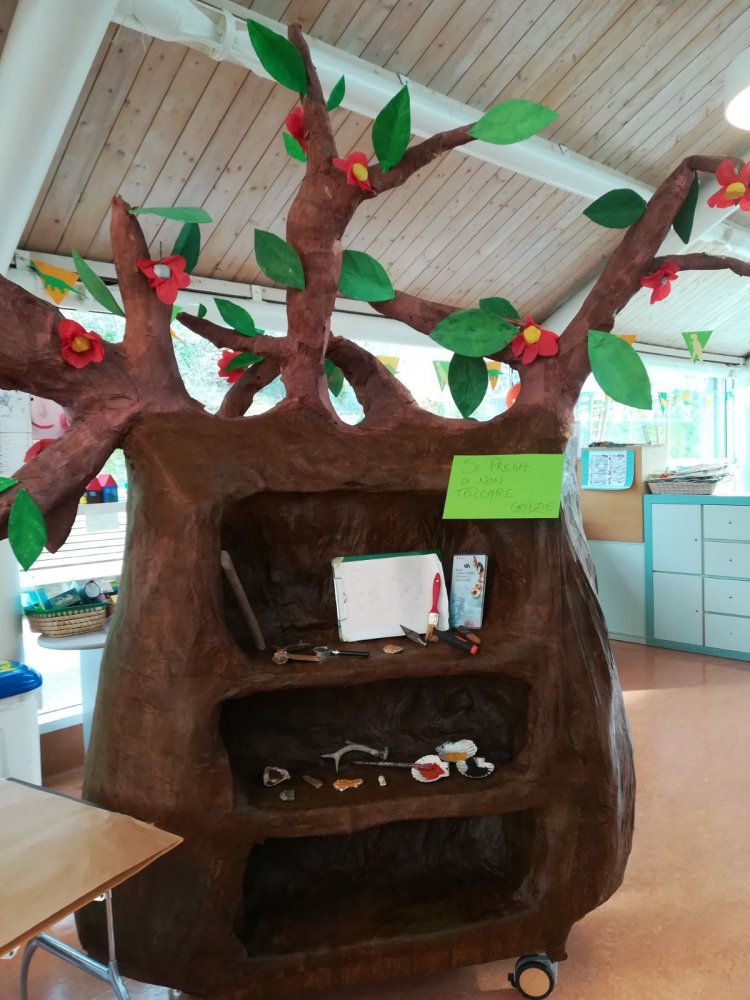
"ALZ(I)AMO": activities for people with Alzheimer and senile dementia
These initiatives are aimed at developing interest for people with Alzheimer's and senile dementia as well as for those who are caretakers.
The fascination of the archaeological find and the multi-sensory programs, above all the hands-on activities, help to pleasantly live in the “here and now”, rediscovering a present, active and communicative body.
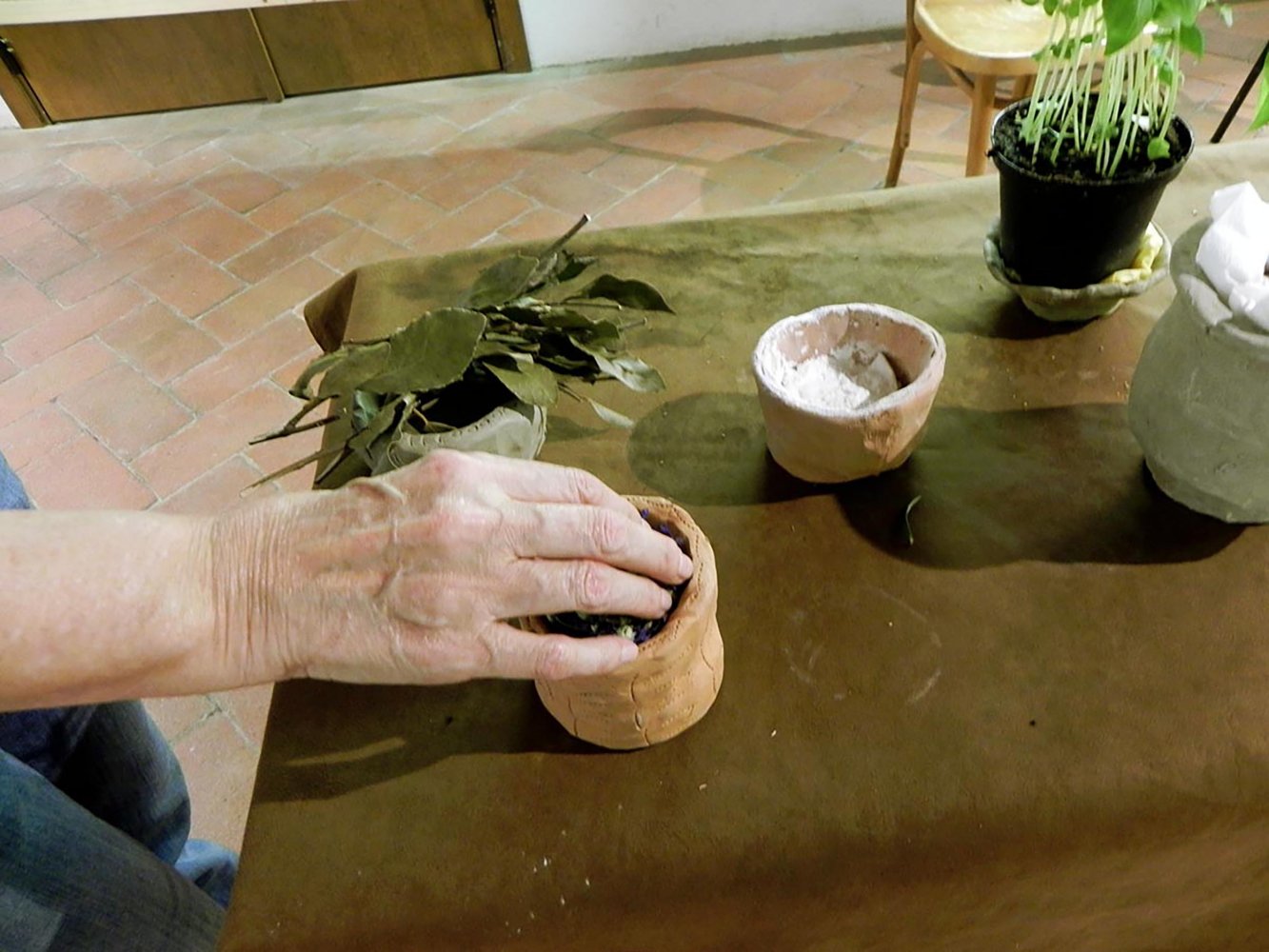
“AUT-AUT: autism and free time”
Activities are organized for children or adolescents with autism or cognitive disabilities.
The initiatives, which refer to Prehistory related themes, are conducted by specialized personnel.
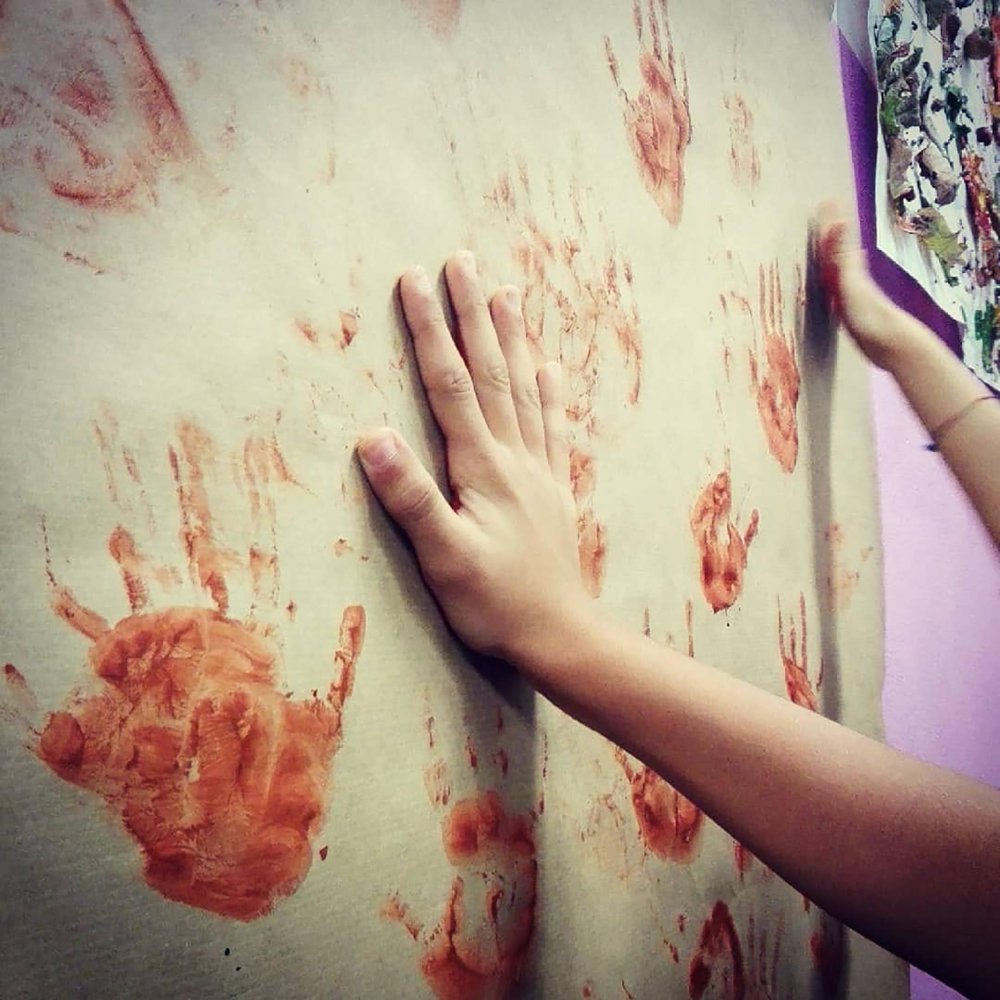
“LIBERA-MENTE” ("FREELY")
The project, which provides for activities conducted within the Sollicciano penitentiary structure in Florence, is seen as a contribution to the growth and future social reintegration of prison detainees.
In accordance with and oversight of the prison authorities, the personnel give lectures and perform laboratory activities with replicas of archaeological materials for prisoners who are attending programs which are designed for middle school classes.
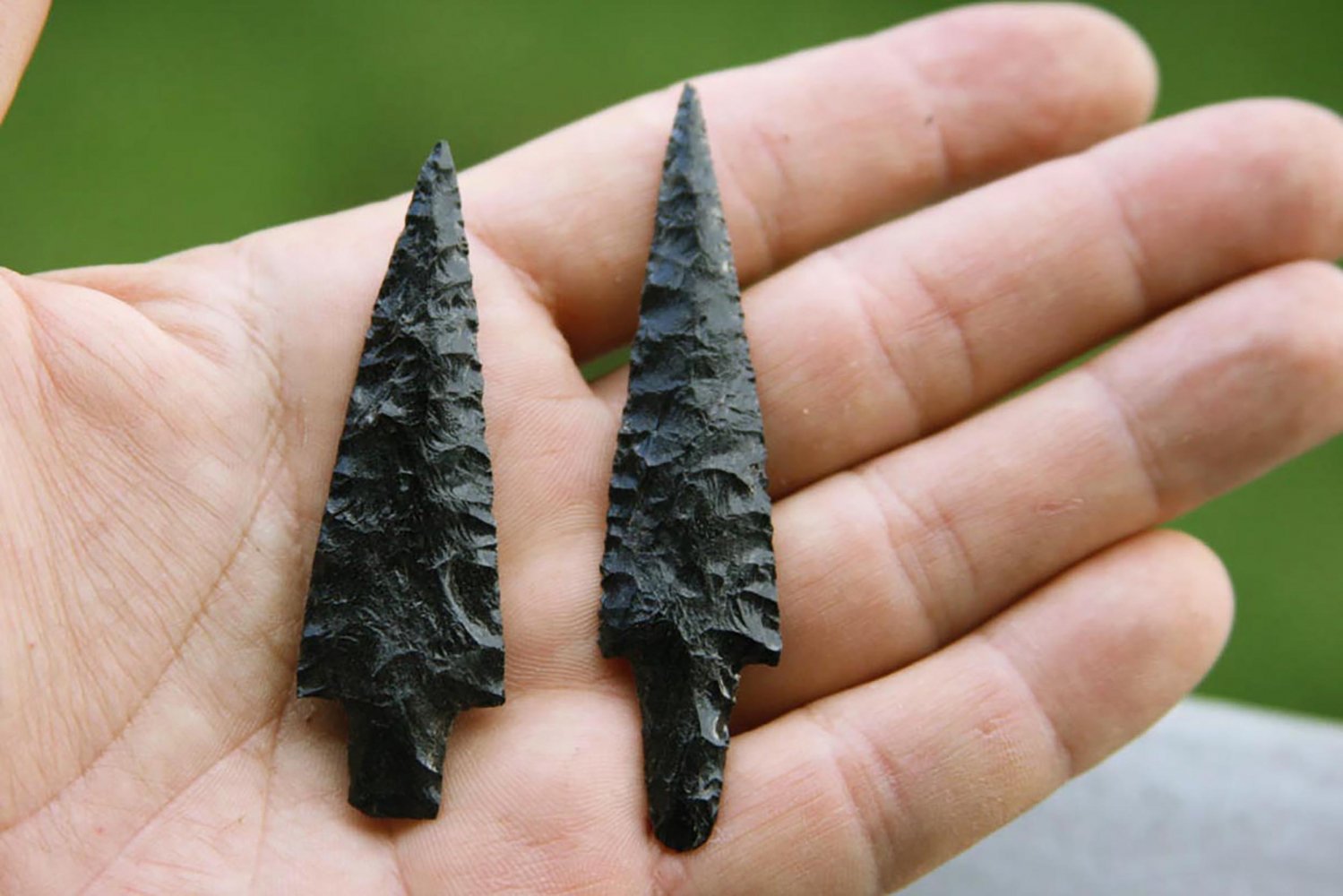
Il Museo è capofila del sistema museale
Musei welcome firenze
La rete Musei Welcome Firenze è formata da sette musei fiorentini, diversi per tipologia e appartenenza. Si propone di diffondere alle più varie tipologie di pubblico la conoscenza delle collezioni museali. Le azioni della rete sono mirate a identificare i musei come luoghi di accoglienza, partecipazione e benessere.


